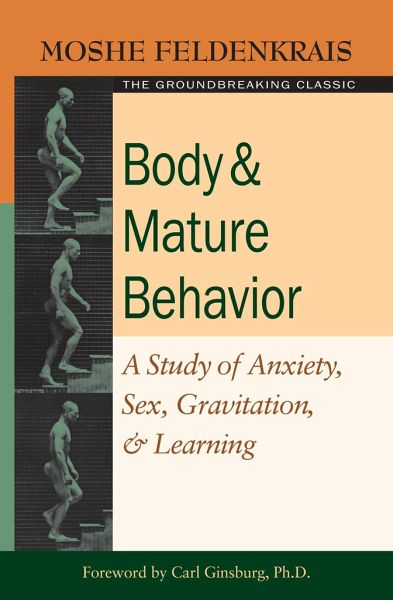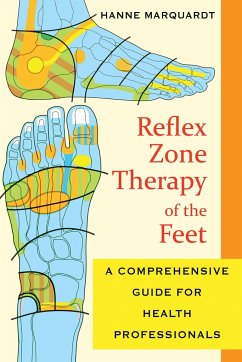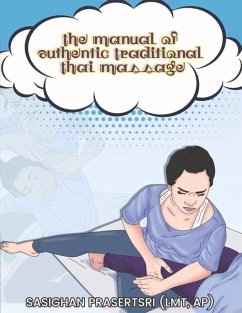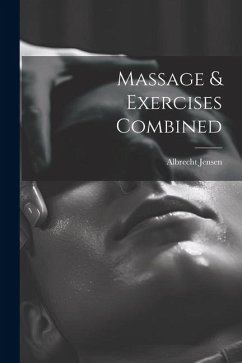
Body and Mature Behavior
A Study of Anxiety, Sex, Gravitation, and Learning

PAYBACK Punkte
8 °P sammeln!
A victim of debilitating injuries, Moshe Feldenkrais was intimately aware of the link between bodily suffering and mental health. Through healing himself, he made revolutionary discoveries, culminating in the development of the method that now bears his name. In an intellectually rich and eloquent style, Feldenkrais delves into neurology, prehistory, child development, gravity and anti-gravity, reflexive versus learned behavior, the effects of emotion, especially anxiety, on posture, and most importantly, the inseparability of body and mind.













